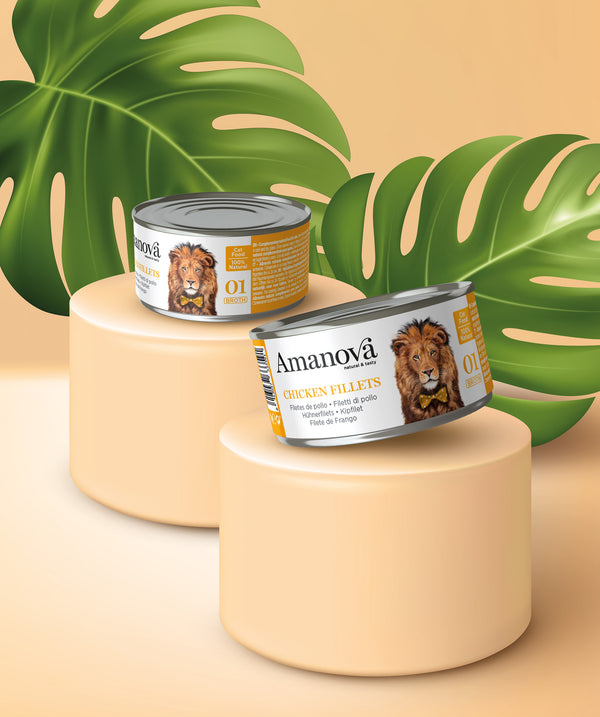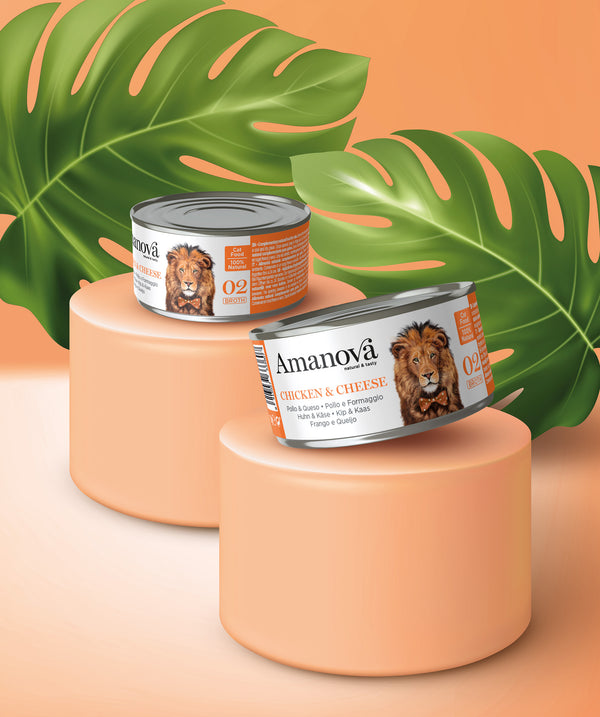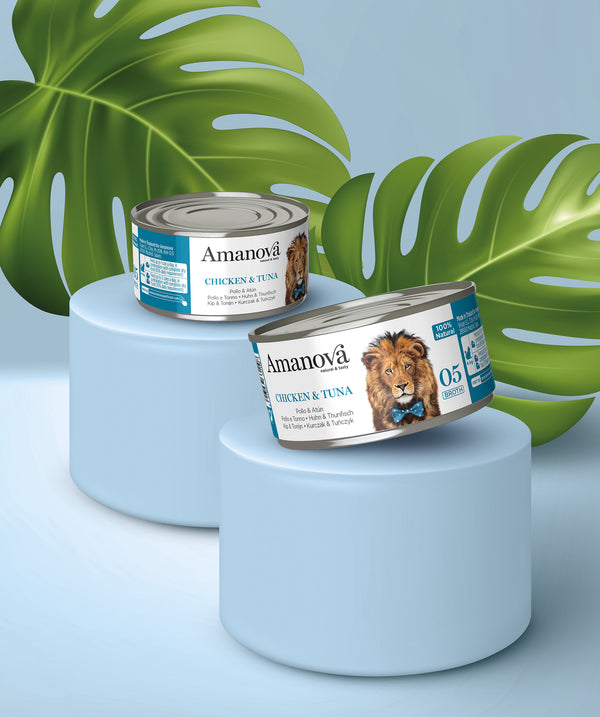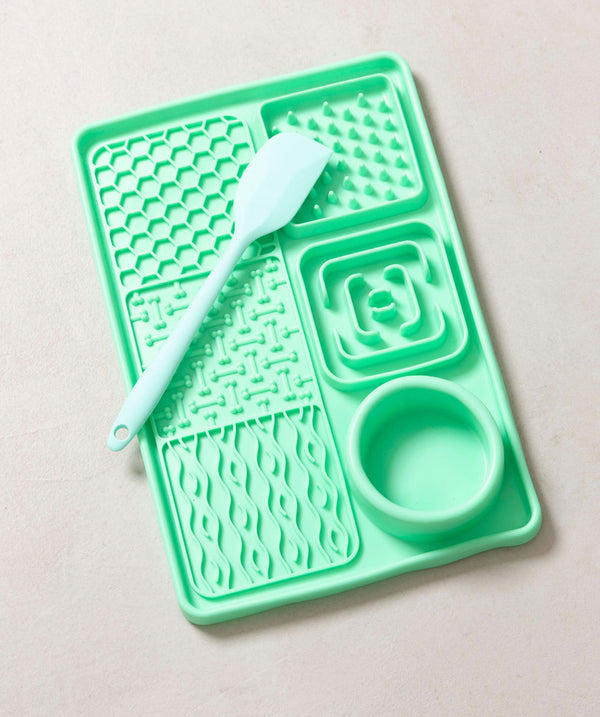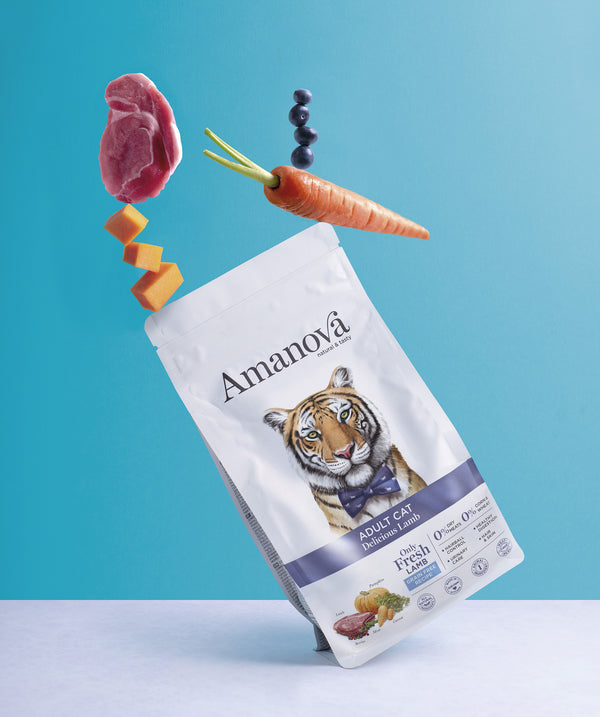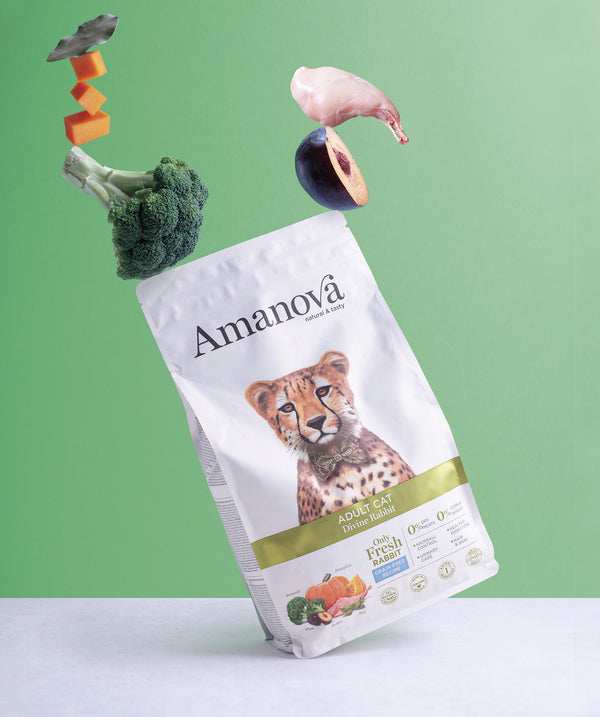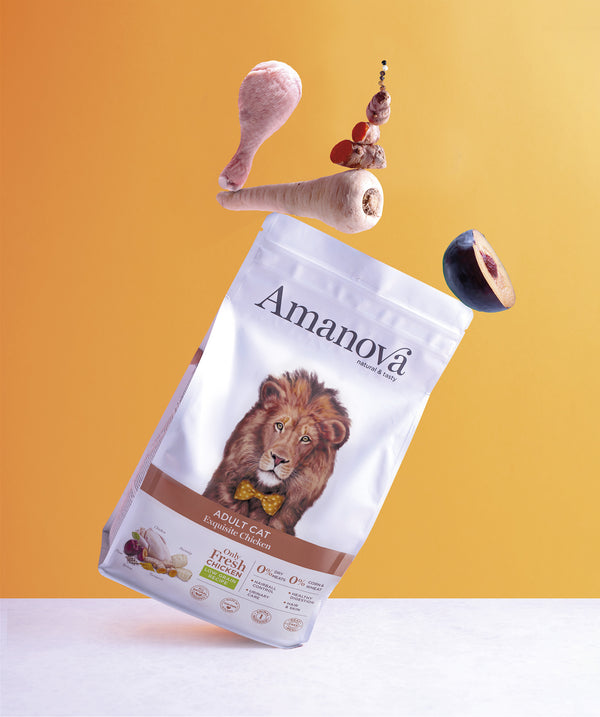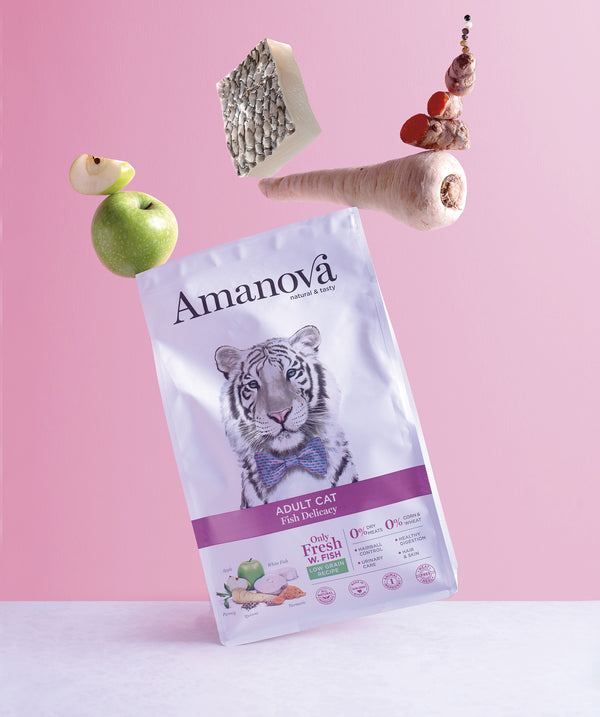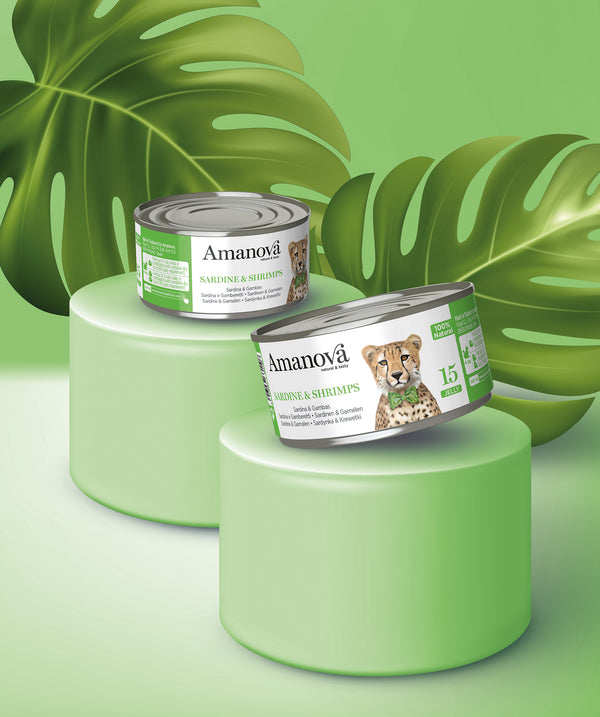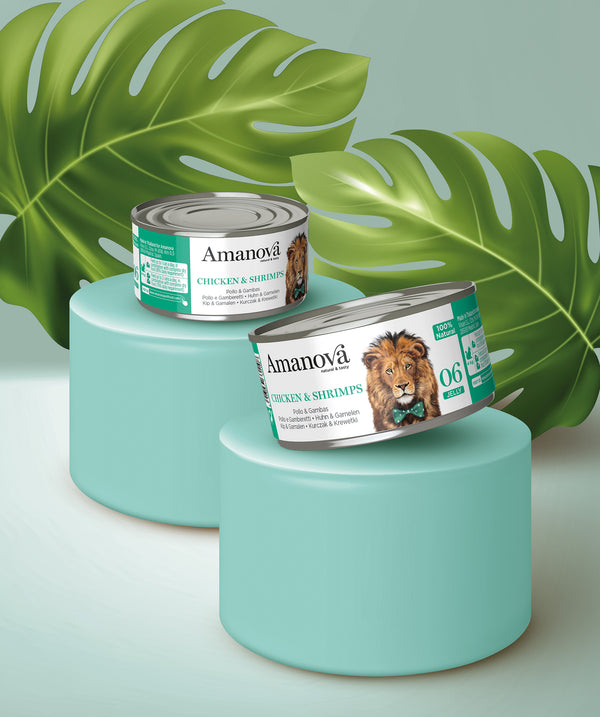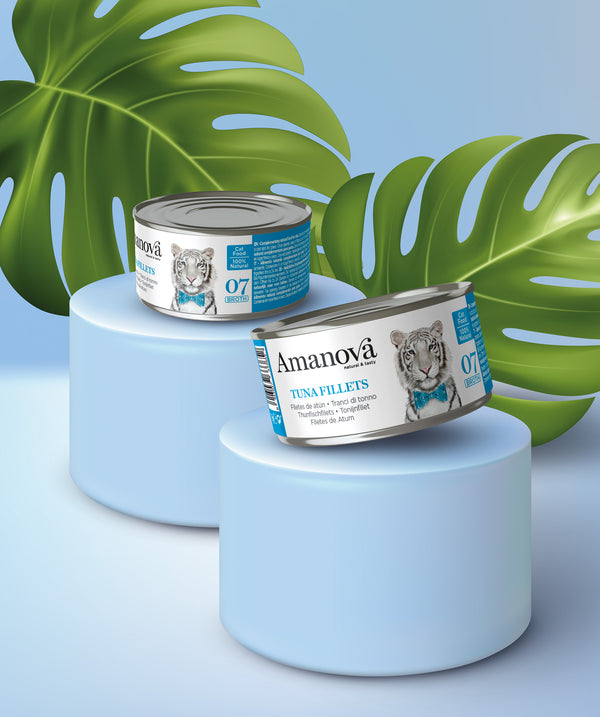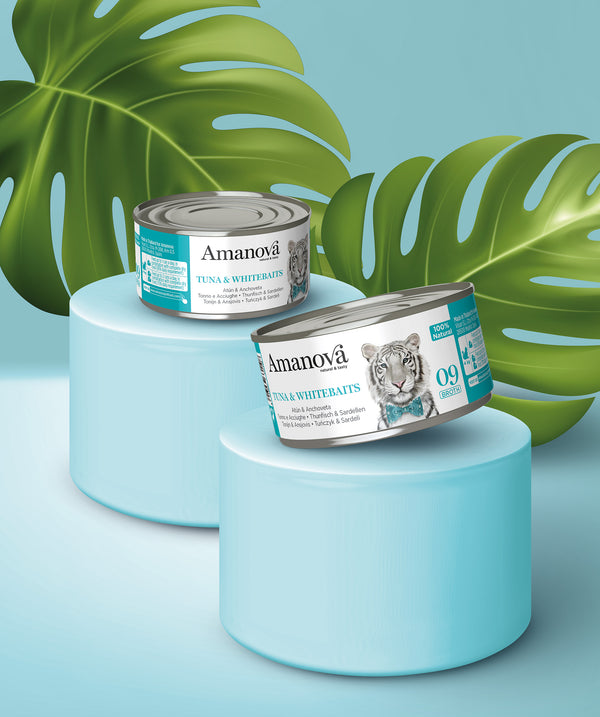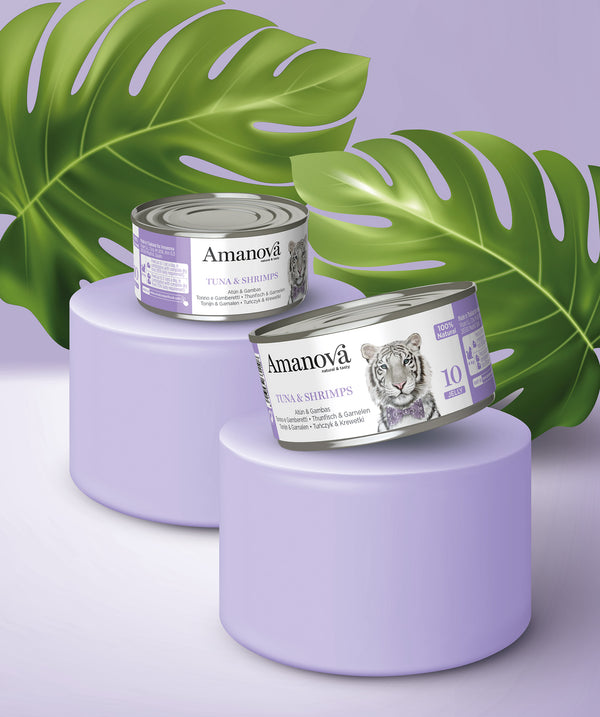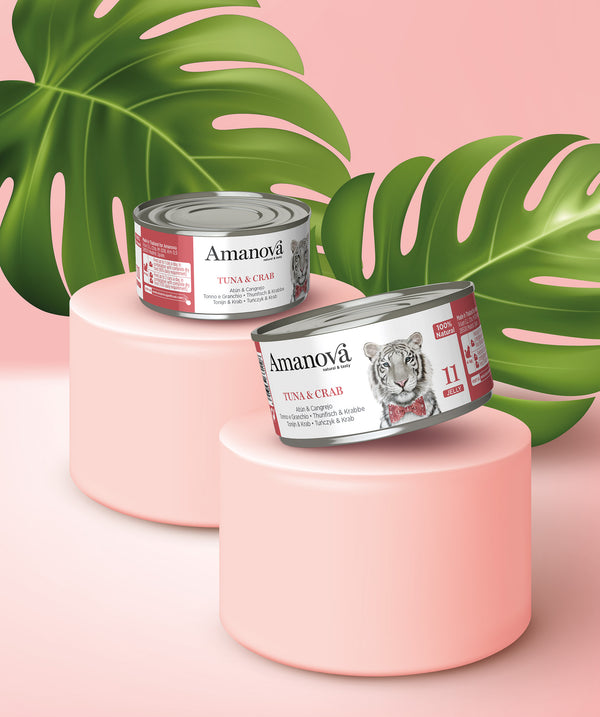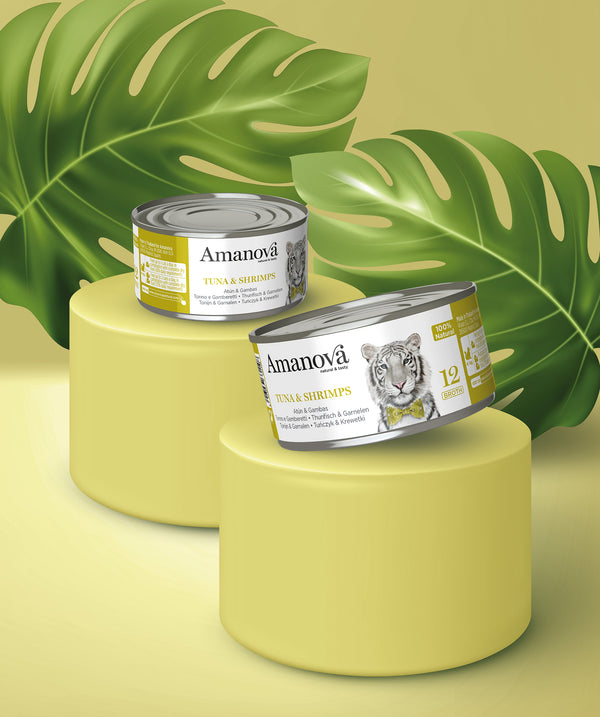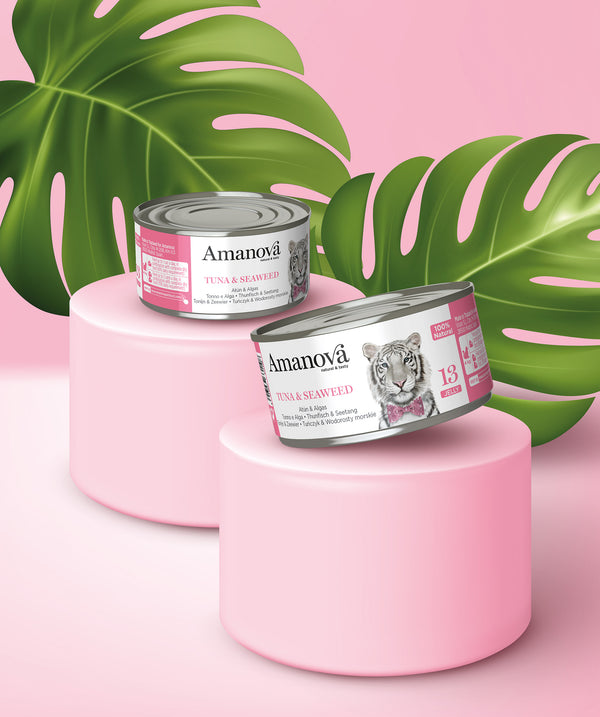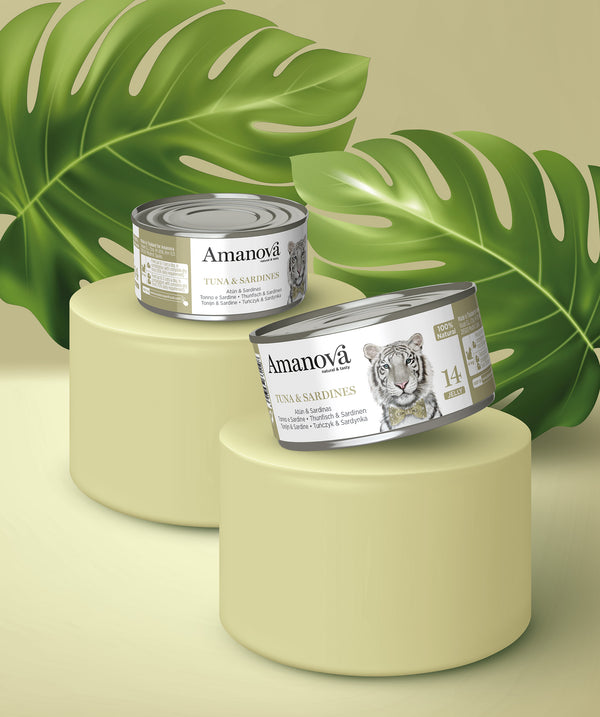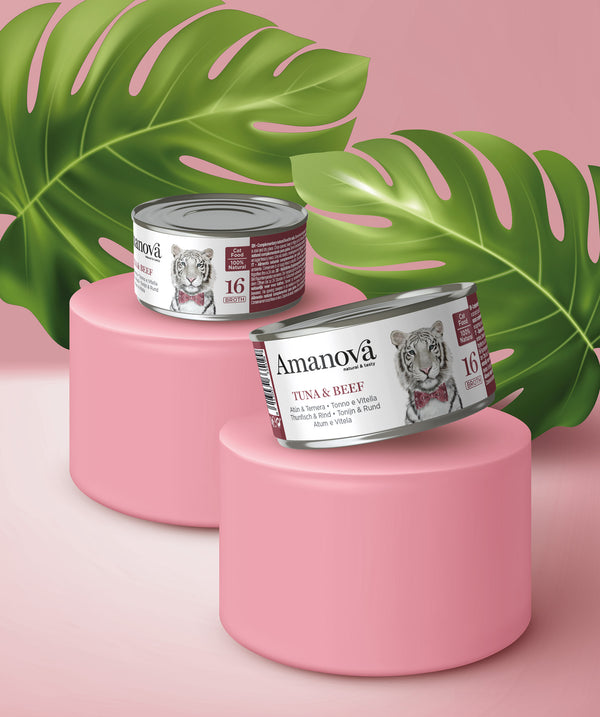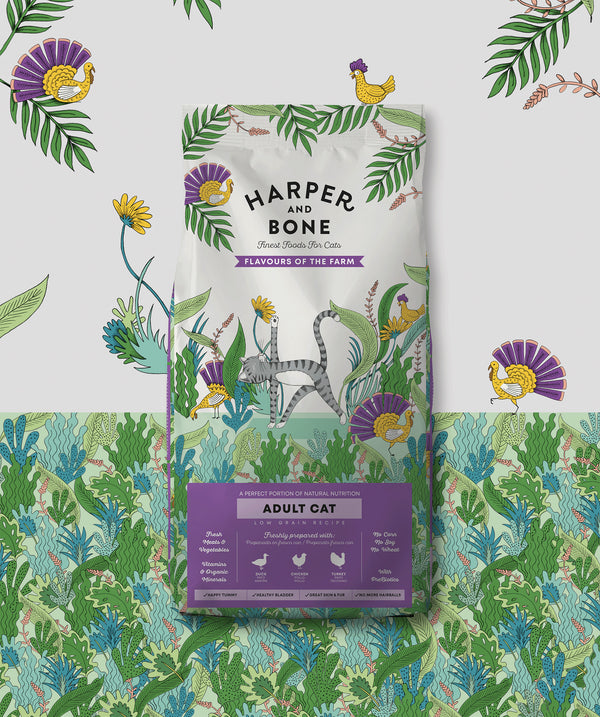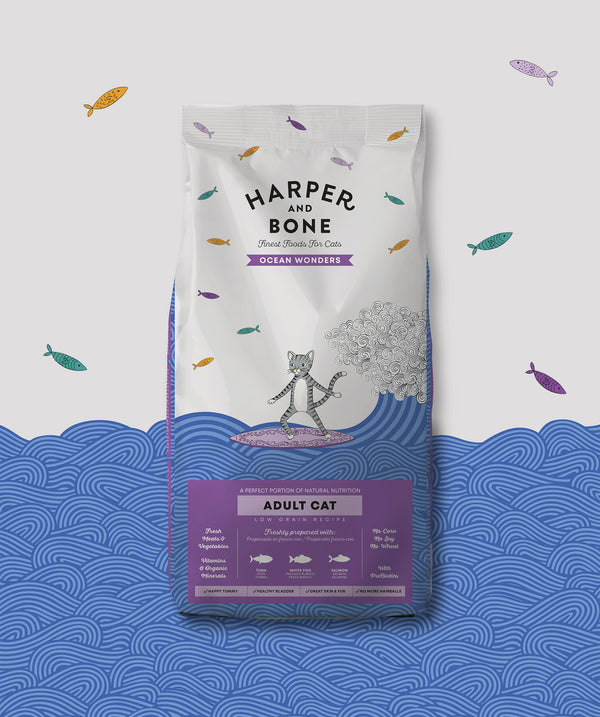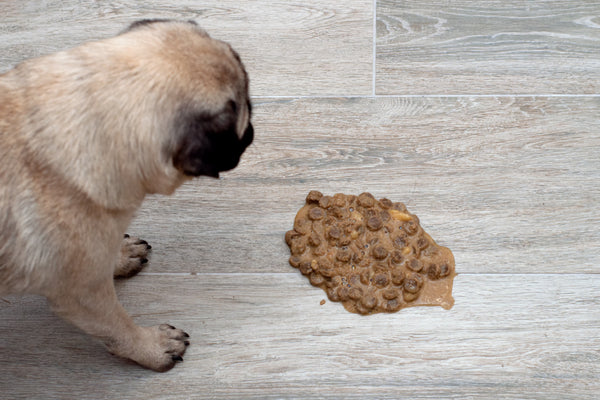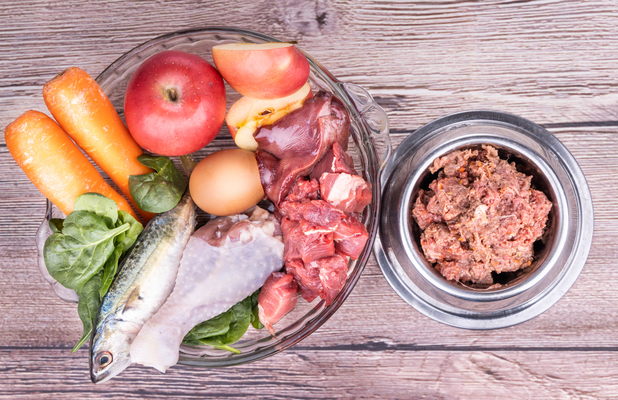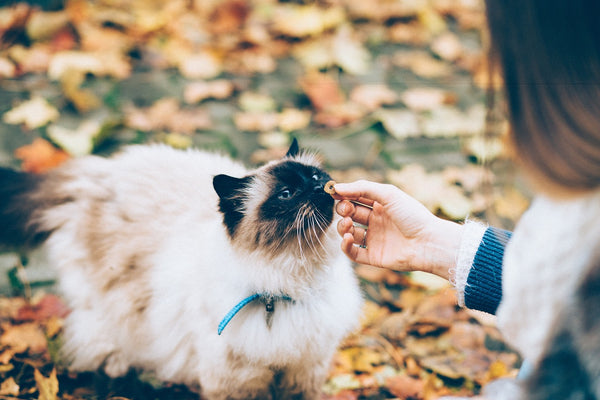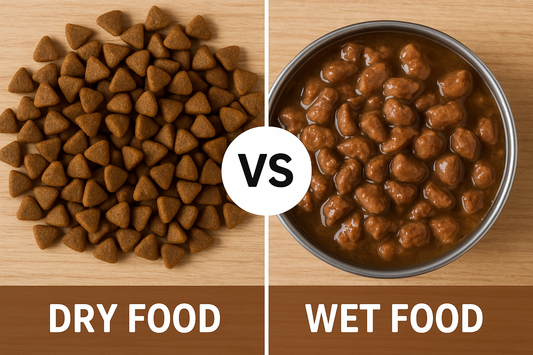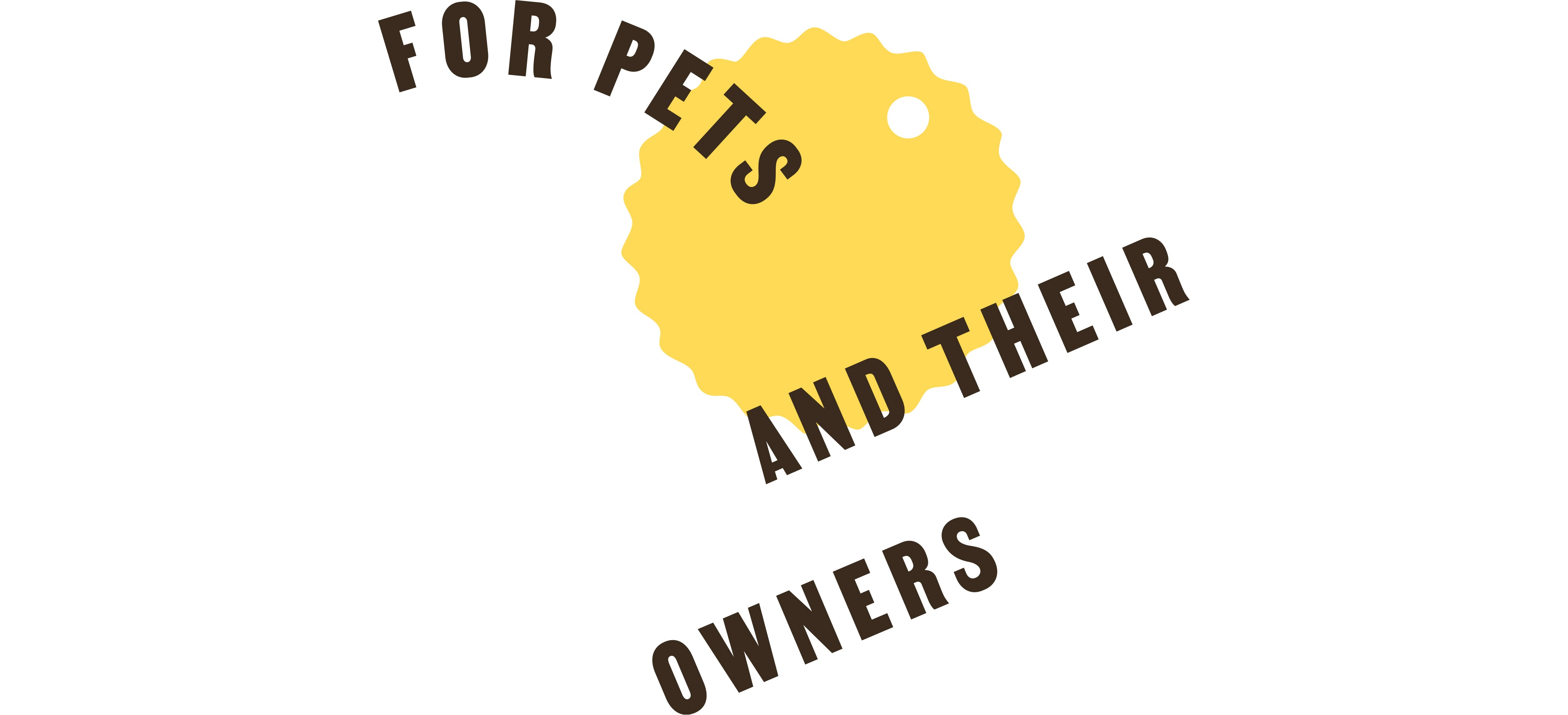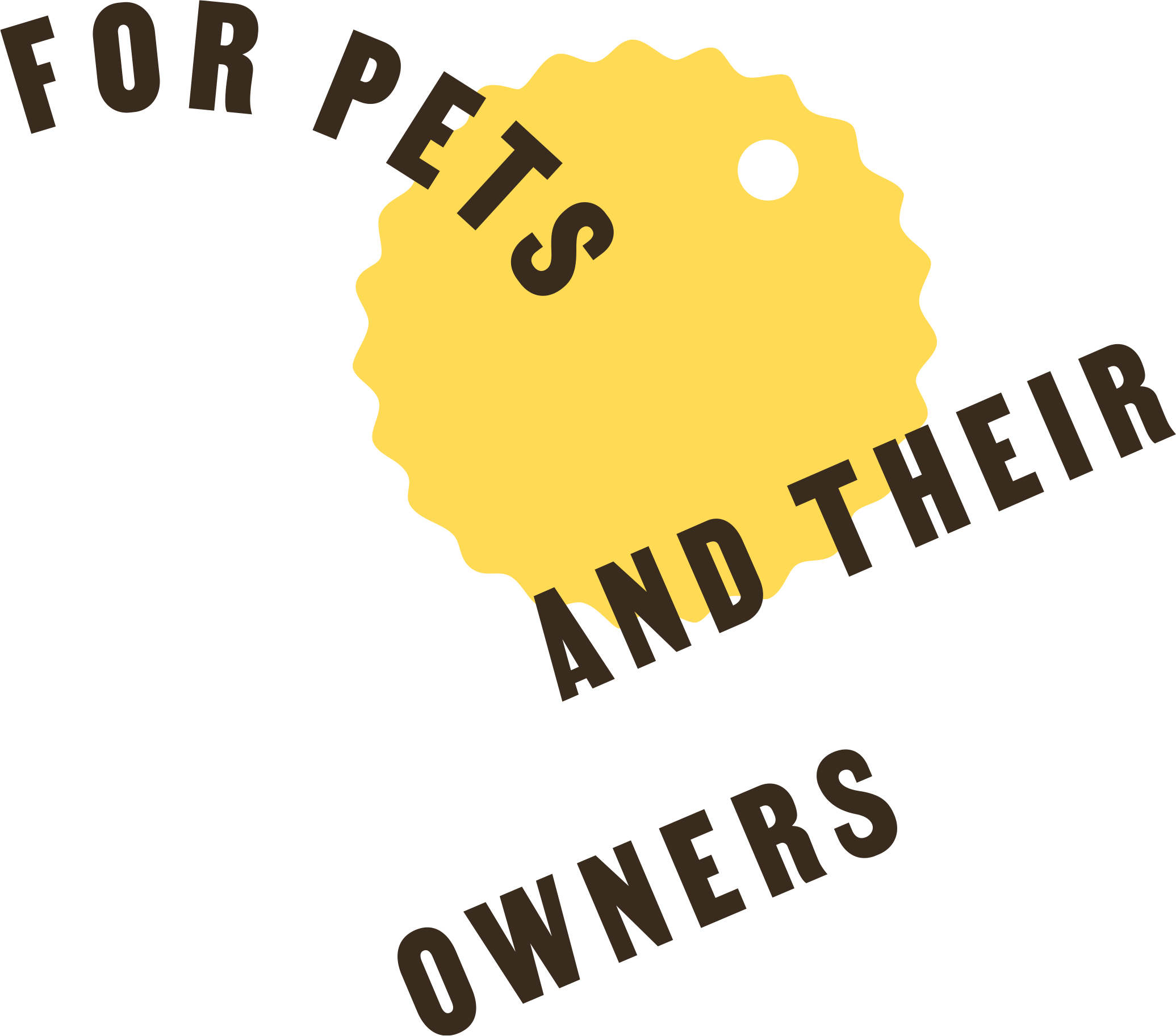For us, nuts are usually a healthy, nutrient-packed snack. But in the case of dogs, not all nuts are a good idea. Some can cause anything from mild digestive issues to serious toxic reactions. Even those that seem harmless should only be given, if at all, with extreme caution. That’s why it’s important to know which nuts should be completely avoided and why they don’t belong in a proper canine diet.
Can dogs eat nuts?
In general, nuts are not recommended for dogs. While some, such as natural peanuts or chestnuts, are not toxic in themselves, their high fat content can cause digestive issues, pancreatitis, and even obesity if consumed regularly.
Another point to consider is that many nuts are salted, seasoned, or mixed with harmful ingredients such as chocolate or xylitol, which are highly toxic to dogs. Even natural versions can cause choking or digestive blockages if not chewed properly.
Additionally, dogs have different nutritional needs than humans. What might be a healthy snack for a person could pose an unnecessary risk for a dog. It’s better to opt for snacks specifically designed for their bodies and avoid experimenting with human foods.
Can dogs eat almonds?
Almonds are not as toxic as macadamia nuts, but they are not considered safe for dogs. While one or two almonds usually don’t cause immediate harm, their elongated shape and hard texture can cause choking or intestinal blockages, especially in small breeds or dogs that eat quickly without chewing properly.
Moreover, most almonds sold for human consumption are salted, roasted, or flavored with honey, chocolate, or spices, which increases the risks. Excessive salt can upset the canine sodium balance, while some flavorings can be directly toxic. For all these reasons, almonds are not recommended as part of your dog’s diet, not even occasionally.
Which nuts are dangerous for dogs?
Although some nuts may seem harmless or even healthy, several varieties are highly dangerous for dogs. Whether due to toxicity, difficulty digesting them, or choking hazards, it’s important to know which ones to avoid completely. Below, we list six nuts you should never give your dog, no matter how irresistibly they look at you.
1. Macadamia nuts
Macadamia nuts are highly toxic to dogs, even in small amounts. They can cause muscle weakness, tremors, vomiting, fever, and even temporary partial paralysis. The most concerning part is that symptoms may take several hours to appear, delaying the detection of the problem.
Although it’s not certain which compound causes this toxicity, its effect on dogs is well documented. That’s why even a small portion can cause serious harm. If you believe your dog has eaten macadamias, it’s best to go to the vet immediately.
2. Walnuts
Walnuts can also pose a danger, especially if they are moldy. This type of mold may contain mycotoxins, substances that affect a dog’s nervous system and can cause tremors, seizures, and even neurological damage.
Additionally, walnuts are high in fat, which can cause digestive issues and pancreatitis in sensitive dogs. Their size and texture also increase the risk of intestinal blockages, especially in small breeds.
3. Cashews
While cashews are not as toxic as some other nuts, they are not recommended in a dog’s diet. Their high fat content can cause digestive upset, vomiting, or diarrhea, especially if the dog isn’t used to this type of food.
Furthermore, if roasted with salt or seasoning, the risk multiplies. Many commercial cashews contain salt, sugar, or other additives that are unsuitable for dogs. Some may also carry traces of mold or be contaminated with fungi that affect their digestive system.
4. Pistachios
Pistachios are high in fat, which can cause digestive issues, vomiting, or diarrhea. Over time, excessive consumption may lead to pancreatitis, a painful and potentially serious condition for dogs.
Another common issue is that many pistachios are salted, adding a risk of sodium poisoning. Also, if consumed with the shell, there’s a chance of intestinal blockage, particularly in small dogs or those that don’t chew properly.
5. Salted or flavored peanuts
Plain, unsalted peanuts in small amounts are not toxic for most dogs. However, salted or flavored peanuts (such as those with garlic or onion powder) can be dangerous. Excessive salt can cause hypernatremia, a serious sodium imbalance.
Also, peanut products containing xylitol, a highly toxic artificial sweetener for dogs, must be avoided. If you choose to give peanuts as an occasional treat, make sure they are 100% natural, with no added salt or sugars.
6. Chestnuts
Can dogs eat chestnuts? Well, chestnuts are not toxic for dogs, but that doesn’t mean they’re a recommended food. They contain moderate amounts of fat and starch, which can be hard to digest for some dogs, especially if eaten in large quantities or by animals with sensitive digestive systems.
Additionally, chestnuts are often prepared roasted with salt, sugar, or spices, which can add risk. There’s also the physical danger of choking or intestinal blockage if a dog eats them whole or with their hard shells. So, while they aren’t the most dangerous nuts, the safest option is to keep them out of your dog’s diet.
Want the best diet for your dog? At Onlyfresh we make it easy
At Onlyfresh, we create recipes with natural, safe ingredients, designed for real well-being. No additives, preservatives, or foods that could harm them, such as nuts. Only what they truly need to be healthy, strong, and happy.
Our recipes are made with quality proteins, healthy fats, and essential nutrients, so your dog can live a life full of energy. Try them out and you’ll see the difference in their well-being from the very first bite!

